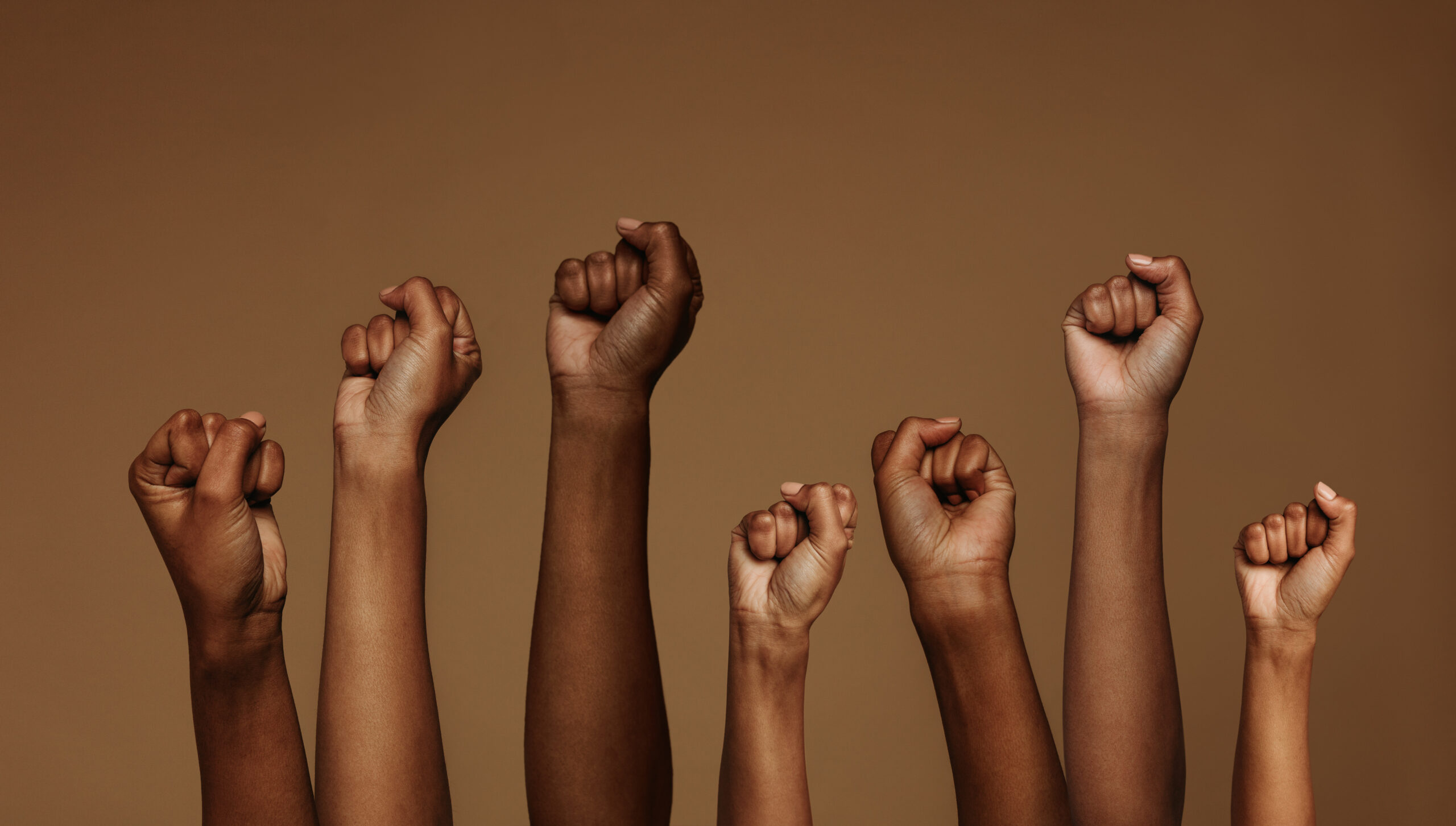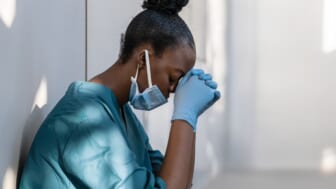While many of us might not have even known Black History Month had themes, the past 28 days were officially intended to focus on the health and wellness of the Black community. But regardless of the time of year, it’s important to stop and reflect on where we are as it pertains to our communal health.

As we continually hear about the obstacles and challenges we face, the health of our communities is also something we’ve spent considerable time thinking through here at theGrio. Recently, this country surpassed one million “excess deaths” amid the pandemic, and we’ve learned how disproportionately those losses hit us. The impact of COVID-19 on African Americans has been devastating—to the extent that it has shaved three years off of Black men’s life expectancy. And we remain hyper-aware of how racism and structural inequalities continue to exacerbate existing health disparities, leaving us even more vulnerable than we have been.
Yet, amid the challenges, there has been hope. Black students are attending medical school in record numbers. Vaccine hesitancy has decreased significantly in our community as many are turning away from misinformation and seeking out credible sources for education. More of us are going to therapy than ever before. And programs and initiatives abound in our communities to get us moving, eating healthier and living longer.
As Black people in America, we are constantly moving through complicated realities. We know both the horrors of the health disparities we face and the strength and resilience it has taken to persevere beyond them. February 2022 has given us the gift of taking a serious look at the state of Black health and wellness and asking pertinent questions. Among them: Where do we go from here?
How do we take the knowledge gained in the last 28 days to transform the next 28 years? What are we going to do to ensure that we thrive and continue a trajectory of thriving for future generations? How we maneuver in this world is not completely out of our control. Yes, structural inequalities and health disparities exist and we must do all we can to eradicate them. Still, we should take all the steps that are in our power to lead healthier lives—mind, body and soul.
For me, that includes using the upcoming Lenten season to give up sugar so I can get my relationship with it under better control. For others, it may be finally making that appointment with your therapist, taking the medication you’ve been prescribed or going on a walk to get moving again. Whatever it is, this month armed us with information we need to make better decisions for ourselves and those who love us and want us around for as long as possible.
Black History Month will always be a sacred time of remembrance and reflection. But as we remember and reflect, we are also allowed to dream and imagine what Black history can be in the future. Those dreams aren’t limited to our professional accomplishments and efforts to change the world as we know it. They could simply be to get our cholesterol under control or to fully change the narrative concerning our approaches to mental health. All of it matters and works to ensure that, whatever the theme of Black History Month may be, someone is here to tell the story.

Candice Marie Benbow is theGrio’s daily lifestyle, education and health writer. She’s also the author of Red Lip Theology: For Church Girls Who’ve Considered Tithing to the Beauty Supply Store When Sunday Morning Isn’t Enough. Find her on Twitter and Instagram @candicebenbow.
TheGrio is FREE on your TV via Apple TV, Amazon Fire, Roku, and AndroidTV. Also, please download theGrio mobile apps today!
Source link
 Black America Breaking News for the African American Community
Black America Breaking News for the African American Community

